
Landmark Ruling Could Prevent Big Tech Censorship

The 5th Circuit Court of Appeals on Friday upheld a Texas law that prevents large social media companies such as Facebook and Twitter from censoring or banning a user based on their “viewpoint.”
A prime example of this occurred in January 2021 when Facebook and Twitter banned former President Donald Trump following the events of January 6th. The decision cut him off from millions of followers and earned criticism from leaders throughout the world – including from people who opposed Trump.
“We reject the Platforms’ attempts to extract a freewheeling censorship right from the Constitution’s free speech guarantee,” wrote 5th Circuit Judge Andrew Oldham in the ruling. “The Platforms are not newspapers. Their censorship is not speech.”
The challenge to the Texas law was brought by NetChoice and the Computer & Communications Industry Association (CCIA), whose members include Facebook, Twitter, and YouTube.
“We strongly disagree with the court’s decision. Forcing private companies to give equal treatment to all viewpoints on their platforms places foreign propaganda and extremism on equal footing with decent Internet users, and places Americans at risk,” argued a CCIA spokesperson. “‘God Bless America’ and ‘Death to America’ are both viewpoints. It is unwise and unconstitutional for the state of Texas to compel a private business to treat those the same.”
For years, Big Tech has argued that it must police online content in order to prevent violence. I don’t think anyone has a problem with Big Tech’s censorship of comments like “Death to America,” but what we do have a problem with is censorship based on political ideology.
Social media companies are widely believed to have influenced recent elections in favor of Democrats. A perfect example is the mass censorship of the Hunter Biden laptop story that was published by the New York Times just before the 2020 presidential election. Claiming to believe the story was Russian disinformation, social media sites downvoted or removed the story from their platforms even though knowledge of the story could have impacted voters’ decisions (read more here).
Google is also guilty of partisan censorship. As I wrote in July, the spam filtering algorithm used by Google’s Gmail was recently found to have robbed the GOP of up to $2 billion in fundraising (read more here).
Celebrating the 5th Circuit Court’s decision on Twitter, Texas Attorney Genearl Ken Paxton described the ruling as a “massive victory for the constitution and free speech.”
The court’s ruling removes a block placed on the Texas statute earlier this year by the Supreme Court and will allow it to take effect soon. The law applies only to tech companies with at least 50 million monthly users and gives both the state and its residents legal grounds to sue companies that violate the law. Republicans hope the issue of Big Tech censorship will rise to the Supreme Court, especially given the fact that the 5th Circuit Court’s ruling contradicts a similar ruling issued by the 11th Circuit Court in May.
Sources:
US Appeals Court Rejects Big Tech’s Right to Regulate Online Speech
Trump’s banishment from Facebook and Twitter: A Timeline.
5th Circuit upholds Texas law forbidding social media ‘censorship’ – again
Texas social media “censorship” law goes into effect after federal court lifts block


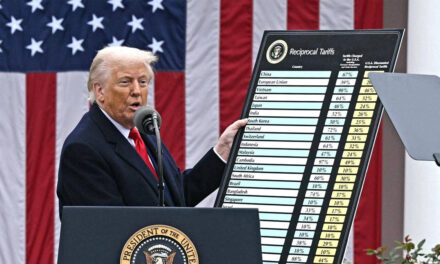
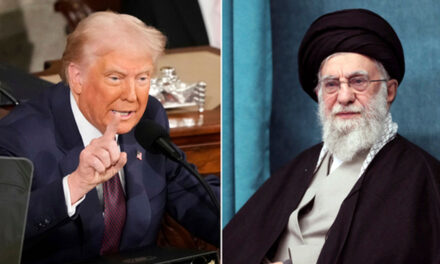







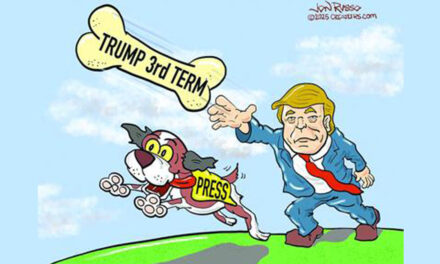
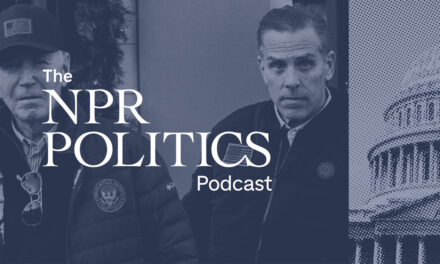




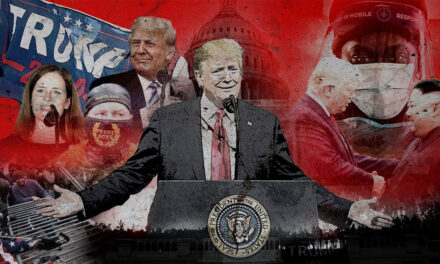










Free speech, with certain caveats, was guaranteed by our Founding Fathers when they wrote the Constitution of the United States of America. When broadcast radio came about, the government determined that certain language was not to be permitted for the sake of the children. That expanded some when television arrived. We should have such rules regarding internet sites children can reach, but that should be it. We need a “Don’t Shoot the Messenger” bill that prohibits any legal attacks on media sites who just post what someone else wrote. The originator of dubious information should be able to be charged if applicable, but under no conditions other than the FCC morality guidelines should the messenger be charged. That way, people can post anything they please, such as their feelings about politicians, without fear of being censored, as long as they don’t use inappropriate language.
The law Alice discusses is not so much about big tech, but more about treating the internet as we treat printed media and the airwaves making all equal in the light of our definition of free speech. I think most would agree to two things:
– the internet should be responsible for offering free speech and not censor valid ideas.
– the internet should face the same free speech responsibilities as other sources like printed media and our public airwaves.
In a world of liars and cheats, in a world growing ever smaller because information can be instant from round the world and source identification almost impossible, yeah — the concept of free speech has changed from when the Founders penned those words. Why do we have very different outcomes for lying via the internet versus lying in court? In one case you can be punished, in the other, chances are today you would face no penalty at all.
Rat, when you say “Free speech, with certain caveats, was guaranteed by our Founding Fathers when they wrote the Constitution of the United States of America,” you are sort of correct. First, the Constitution offers no caveats on the first amendment. It only states: “or abridging the freedom of speech, or of the press;” plain and simple.
But you are right to define that restrictive outcome because the beauty of the Constitution is that it can change in a number of manners. The top examples would be: refined definition through Federal/SCOTUS rulings better defining portions or via Congressional amendment. But wait, there’s more: legislation can further define the Constitution, Presidential actions like going to war without Congressional, by the Constitution, approval, modify it. These processes are where your caveats came in, and as we have seen, said caveats can both come and go. Also, said caveats might be based on “Textualism, Original Meaning, Judicial Precedent, Pragmatism, Structuralism, etc.
Rat, you seem to want it all ways: total freedom of speech, big tech has zero responsibility, inappropriate speech, a nebulous term, is bad and a morality clause defining other no’ no’s is OK. “It will be wild” no doubt in your world.
Inappropriate speech and morality can mean a lot of things. People round here think when two folks have premarital sex that she’s a slut that must deliver while he’s got freedom of seed. I would hate to see what your version of inappropriate speech and immorality might be. Morality is a slippery slop where one man’s lemon is another’s peach.
But the point remains that the Constitution is a living document, restrictions, redefinition, and removal of restrictions is a fairly commonplace occurrence. And no Constitutional right is sacrosanct —– not the first, not the second, not any right. Matter of fact, most ARE constrained or restricted using the processes noted above.
We currently have in place, for the media, a set of free speech rules. You can’t just say anything — ask Alex Jones. These are often the responsibility of the business owner — WAPO, FOX, and others. Ask Alex Jones, both the originator and the business got nailed, and rightfully so IMO. IMO, the same should be true of internet media providers, especially news, opinion, and social media sites. They should just face the same music as other media providers if they transgress free speech restrictions for inappropriate speech, morality clauses, violent speak and hate speak.
Then we have the whole concept of “disinformation” from domestic and foreign sources to define to how to remedy. This is scary ground and, as we have seen in the past, especially during war years, the results can go too far and be seen as too political and sometimes racist. But when foreign disinformation efforts fill our internet, we need to do something to thwart becoming information slaves to foreign agendas. US disinformation sources are one thing, but foreign disinformation should not enter our airwaves.
It’s a thorny problem, yet we are becoming out of control and these mavens of technology need to step up and address the problem. We need a definition, a process, oversight and transparency. I don’t actually look to restrict it necessarily, but we should, at minimum, be able to mark it and keep it in an appropriate place —- which is not social media, blogs, and internet news/opinion sources.
Just my thoughts, but the fact remains that the first amendment has been “amended” to add or delete restrictions upon our most sacred of rights.